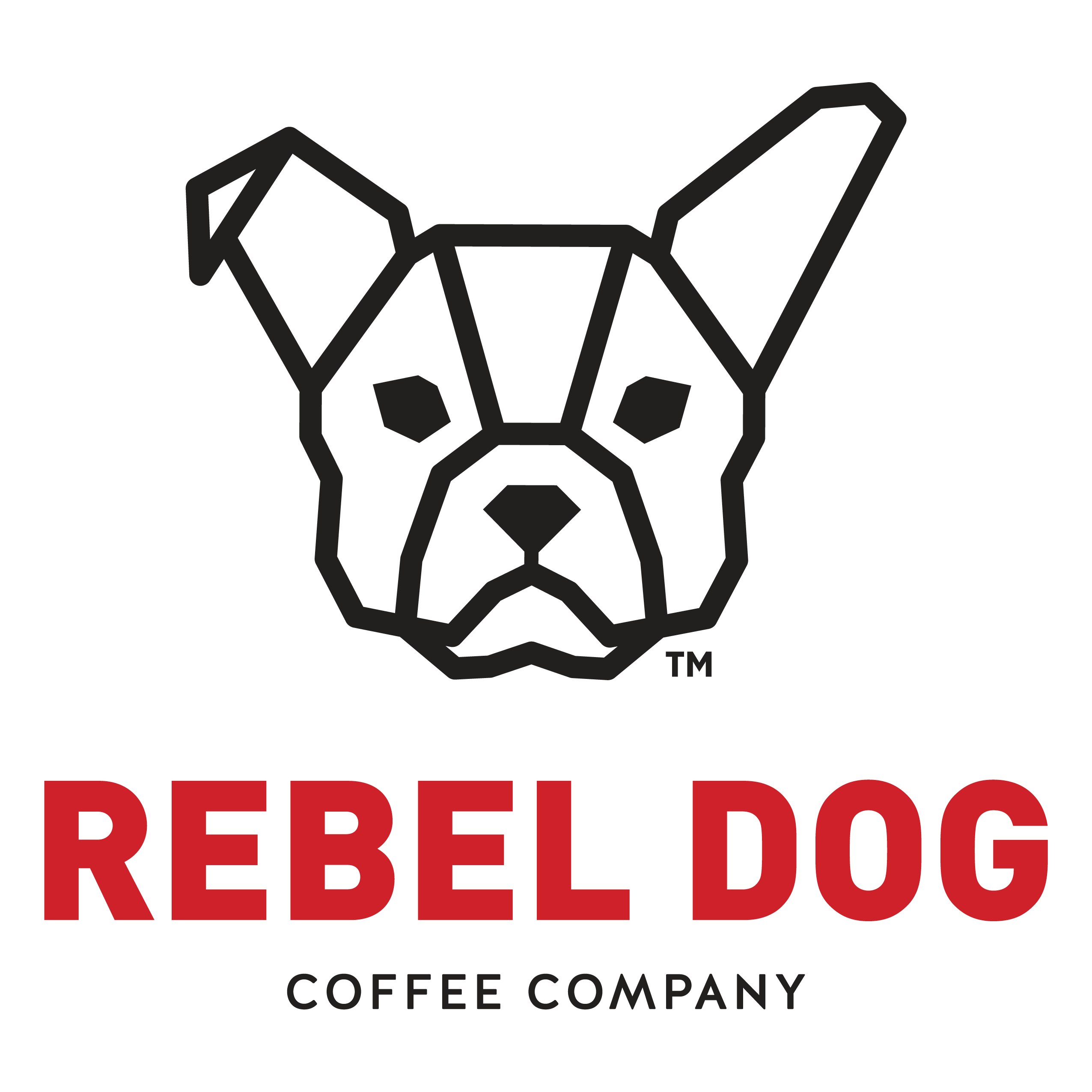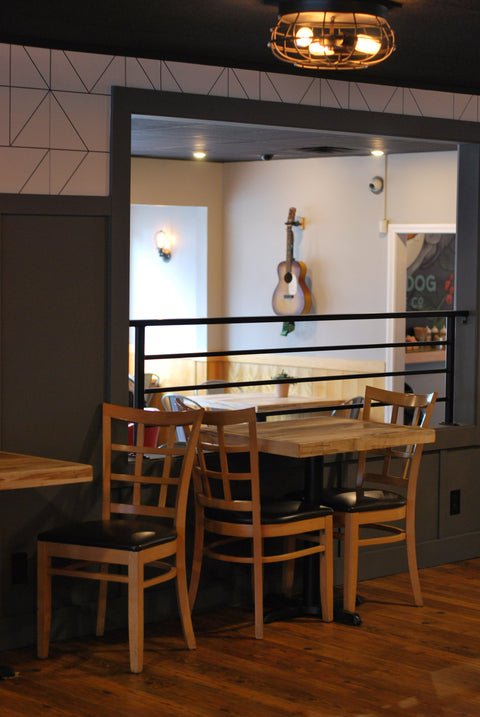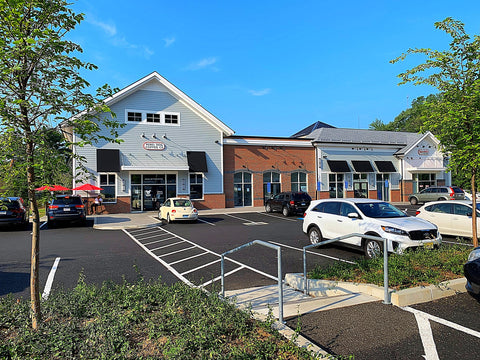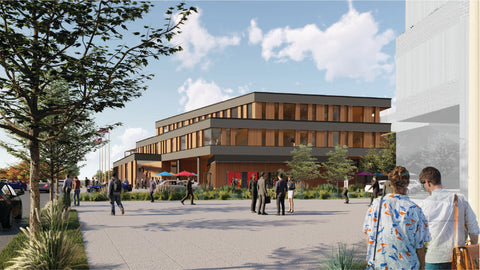What's in This Year's Holiday Blend?
Varieties: Various
Growing Altitude: 800-1,100 masl
Processing Method: Natural, Pulped Natural
This 84+ scoring coffee is the result of an effort of Brazilian QC professionals selecting the best-tasting coffees from a variety of producers throughout the country to showcase the best of Brazilian coffee while providing a consistent and reliable income for farmers.
The rattlesnake, known as Cascavel in Portuguese, gets a bad rap. Its reactive tendency to defend itself from all perceived threats makes it a frightening opponent. But it’s also essential to the coffee ecosystem. In addition to their beautiful markings, rattlesnakes eat rodents and other small animals. They keep these pests far away from coffee fields where they could wreak havoc by burrowing into coffee tree root systems or chewing through irrigation setups.
Cascavel Vermelha (Portuguese for red) has lots of red fruit and refined sweetness. This coffee has been selected based on its fruity profile. In most cases, Natural processing connotes such flavors; however, this coffee may have some Pulped Natural contributions as well. Natural lots will be dried on large patios under sun, while Pulped Natural will be pulped and then laid to dry on patios. In both cases, the coffee will be raked and turned regularly to ensure even drying and a clean cup profile.
Variety: Castillo
Growing Altitude: 1560 masl
Processing Method: Washed
Finca Palmichal is high on the western side of the Central Andes mountain range, near the municipality of Genova, in the department of Quindío. This region went through violent and difficult times during the peak of the guerrilla expansion in the country. But now, after the negotiation between the government and the FARC, there is hope among these communities for many safe and happy years to come.
Producer Atilano Giraldo is the third generation of his family to grow coffee in Quindío, and he grew up working in coffee alongside his father. Gradually, he acquired additional properties, including Finca Palmichal, which he bought from the local Osorio family.
Recently, after years of hard work, and in order to help the development of his region, Don Atilano ran and was elected as a senator in the Colombian parliament representing Quindío.
Varieties: Heirloom Ethiopian
Growing Altitude: 1850 - 1880 masl
Processing Method: Washed
This coffee comes from multiple smallholder farms in the village, or kebele, of Edido who deliver their coffees to the Aricha washing station for processing. Aricha is about 8 kilometers from the center of Yirgacheffe Town. The soils in this region are red-brown clay soil, about 1.5 meters deep.
Washing stations like Aricha serve as many as several hundred to sometimes a thousand or more producers, who deliver coffee cherry throughout the harvest season. The blending of these cherries into day lots makes it virtually impossible under normal circumstances to know precisely whose coffee winds up in which bags on what day, making traceability to the producer difficult. However, importer Cafe Imports use every available effort to source coffee from the same washing stations every year, through their export partners and connections with mills and washing stations, providing consistent market access to the farmers in this village.
Typically farmers in this region don't have access to and therefore do not utilize fertilizers or pesticides in the production of coffee.







